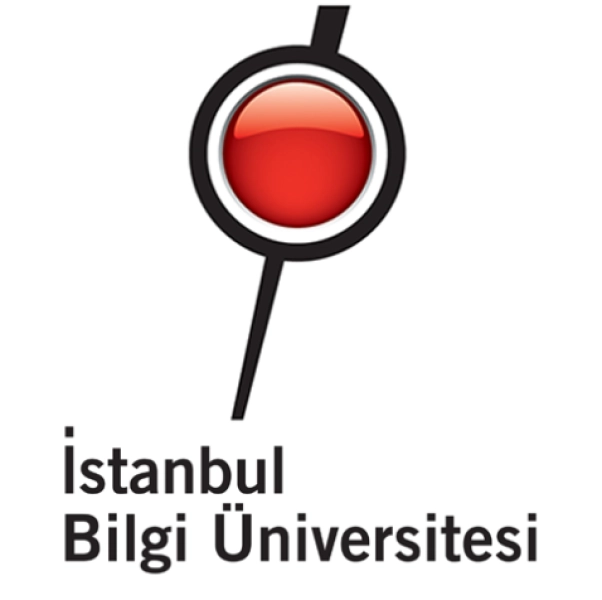College: Humanities and Social Sciences
This major provides a comprehensive understanding of the principles and practices of comparative literature, focusing on the study of literary texts across cultures, languages, and historical periods. Students will explore key areas such as literary theory, cross-cultural analysis, translation studies, and interdisciplinary approaches to literature. The program emphasizes critical thinking, analytical skills, and the ability to draw connections between diverse literary traditions, preparing students for careers in academia, publishing, translation, and cultural analysis.
Learning Objectives:
- Understand the fundamentals of comparative literature and its methodologies.
- Develop skills in analyzing and interpreting literary texts from different cultures and languages.
- Learn techniques for conducting cross-cultural and interdisciplinary literary research.
- Explore the role of translation in connecting literary traditions and cultures.
- Understand the historical and cultural contexts of literary works.
- Analyze challenges and opportunities in the field of comparative literature.
- Develop critical writing and communication skills in academic and professional contexts.
Main Scheme:
- Introduction to Comparative Literature - Overview of the field, its history, and significance in global literary studies.
- Theory and Literary Criticism - Study major literary theories including structuralism, post-structuralism, and post-colonial theory. - Techniques for applying theoretical frameworks to literary analysis.
- Cross-Cultural Literary Analysis - Principles of comparing literary texts from different cultural and linguistic traditions. - Techniques for identifying themes, motives, and narrative structures across cultures.
- Translation Studies - Fundamentals of literary translation and its role in comparative literature. - Techniques for analyzing translated texts and understanding translation challenges.
- World Literature - Study of traditional and non-traditional literary works from diverse global traditions. - Techniques for situating literature within its historical and cultural context.
- Interdisciplinary Approaches to Literature - Explore the connections between literature and other disciplines, such as history, philosophy, and art. - Techniques for integrating interdisciplinary perspectives into literary analysis.
- Genre Studies - Study of literary genres (such as poetry, drama, prose) across cultures and time periods. - Techniques for comparing conventions and innovations related to literary genres.
- Post-Colonial and Global Literature - Analyze literature from post-colonial regions and its impact on global literary discourse. - Techniques for examining dynamics of power, identity, and resistance in literary texts.
- Emerging Trends in Comparative Literature - Explore contemporary issues such as digital literature, eco-criticism, and global literary markets. - Techniques for adapting to new trends and methodologies in the field.
- Final Research Project - Independent research project to apply skills acquired in comparative literature. - Techniques for producing a scholarly thesis or creative translation project.
Evaluation Methods:
- Analytical essays and research papers on literary texts and theories.
- Comparative analyses of texts from different cultures and languages.
- Translation projects and critical reflections on translation practices.
- Participation in seminars, workshops, and literary conferences.
Recommended Textbooks:
- "Comparative Literature: A Critical Introduction" by Susan Bassnett.
- "The Princeton Encyclopedia of Poetry and Poetics" edited by Roland Greene.
- "Death of a Discipline" by Gayatri Chakravorty Spivak.
- "The Translation Studies Reader" edited by Lawrence Venuti.
Prerequisites:
A keen interest in literature, languages, and cultural studies is recommended. Proficiency in at least one foreign language is often required. Suitable for students in humanities, languages, and related fields.
Duration:
Typically 4 years, including coursework, research projects, and language study.
Degree:
Graduates may earn a degree in Comparative Literature or a related field, depending on the program and institution.
Target Audience:
Aspiring literary scholars, translators, educators, and cultural analysts seeking to explore connections between global literary traditions and contribute to cross-cultural understanding. This major equips students with the analytical, linguistic, and interdisciplinary skills needed to excel in comparative literature, fostering a deep appreciation for global literary traditions and their cultural significance.



